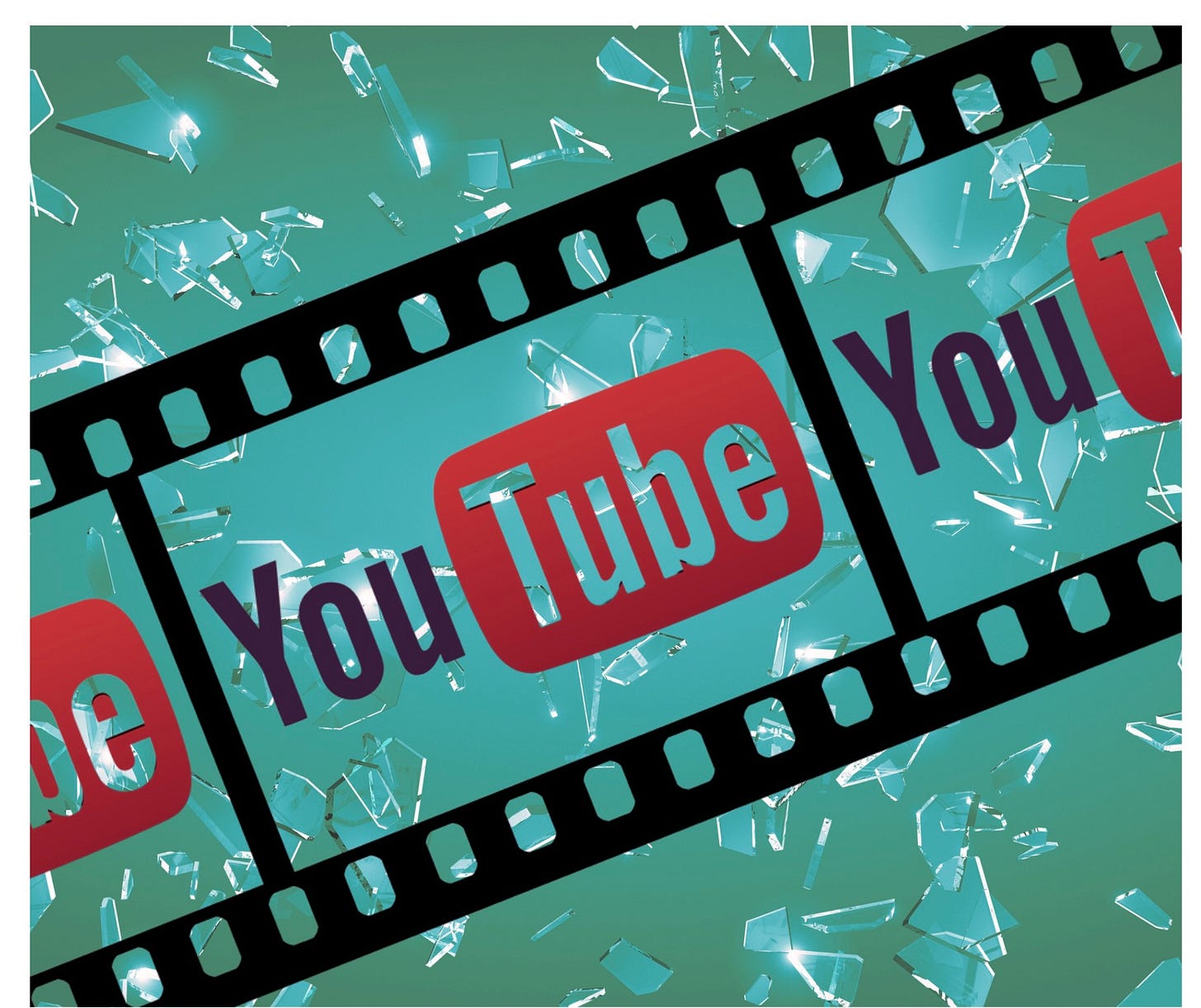How a YouTube-Google Breakup Would Shake Hollywood. Are You Ready?
Digital ads, creator dollars and video innovation are potentially all in play as the DOJ continues its assault against the tech monopoly
ESG’s data-driven analysis for paid subscribers appears every other Thursday. He recently covered 7 genres that could replace superheroes, the coming M&A blitz in a second Trump term, the huge hit rate in animation, and made a cautious defense of David Zaslav.
If the biggest antitrust trial of the century happens, but no one covers it, did it happen?
I ask because Google has had not just one, but three of the biggest antitrust trials this century. Yet the amount of news coverage they generated, especially compared with Microsoft’s antitrust trial in the 1990s, seems miniscule given the outsize role Google plays as gatekeeper to much of the internet.
It’s a shame, too, because we’re getting some legitimate insights into the inner workings of a $2 trillion market cap company that is the leader in the digital advertising market, which every entertainment company is now competing with. SEC disclosures and company statements don’t provide this kind of perspective, and in some cases, these details allow me to confirm long-held theories that would have remained speculation otherwise.
For an example of why this matters, consider my look last year for The Ankler at the data of the performance of the shows produced by Reese Witherspoon’s Hello Sunshine or LeBron James’ The SpringHill Company. I couldn’t fathom how Hello Sunshine had been valued at $900 million and SpringHill at $750 million, and indeed the news this week that James’ production shingle lost $30 million last year, on only $100 million in revenue confirmed my orthogonal analysis that it could not live up to the lofty price where investors had marked it up.
So when it comes to Google, these trials have shed light on how much it, as the parent company of subsidiary businesses such as YouTube, powers its success in ways that warp the overall competitive landscape — in this case, for viewers’ time and brands’ advertising budgets. As I wrote back in February, YouTube might actually be the winner of the Streaming Wars, far more than Netflix. A lot of the video platform’s growth can be credited to smart strategic decisions and of course its low price point for consumers (free!).
But the three different antitrust trials also reveal the degree to which Google’s monopoly power also plays a role. If you want to win the Streaming Wars, it helps to have the world’s dominant search engine and digital ad market steering traffic and ad dollars your way.
In light of all the trials, we’re now at the beginning of the process where the government figures out the remedies it’ll demand from Google to address its illegal monopoly. In light of President-Elect Trump’s pick to run the Antitrust Division of the Department of Justice — Gail Slater, a J.D. Vance ally — the pressure on Big Tech looks to continue for the foreseeable future (one of the strange bedfellows situations in modern politics). So it’s time to ask the question that everyone competing against Google should be asking (and that’s everyone in Hollywood): What if YouTube weren’t part of Google?
Before 2024, I wouldn’t have thought such an outcome possible. Now I do. While it’s still not likely, it’s now definitely in the realm of possibilities — and that means we should discuss the ramifications for entertainment.
In this article, you’ll learn:
The big opportunities in the market if this happens, for both streamers and studios
Why Google has been ruled an illegal monopoly
The 3 ways Google favors YouTube that could be ruled antitrust violations
Why traditional Hollywood won’t likely be the big winner if YouTube is split off from Google
The surprising group that would garner more power in a Google-YouTube breakup
The antitrust verdict Hollywood needs to watch for in 2025



